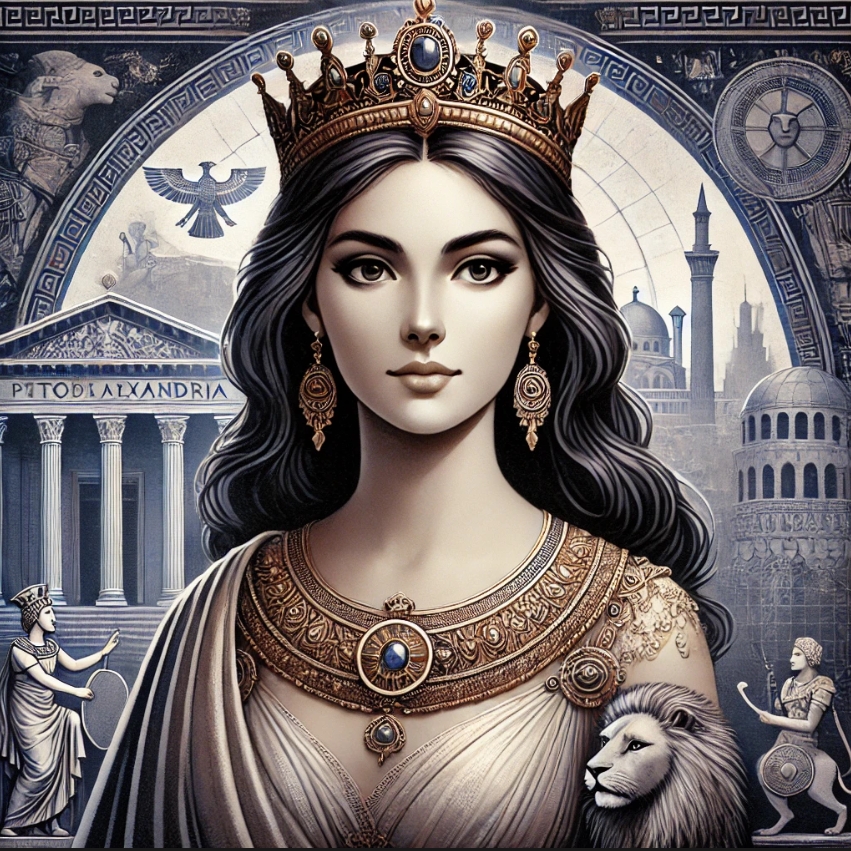Dozens of films have been made about the life of Queen Cleopatra, and millions of biographical books, historical novels, and even science fiction stories have been published.
This immortalised figure proved that women are capable of leading nations, thanks to her intelligence, kindness and, if necessary, ruthlessness.
Much of what we know about Cleopatra, the Queen of the Nile, comes from historical accounts that have been heavily distorted and overshadowed by myths and legends. As a result, it has become difficult to differentiate between fact and fiction.
She's not Egyptian
Despite the popular belief that Cleopatra was of Egyptian descent, the reality is that she belonged to the Macedonian Ptolemy family, descended from one of Alexander the Great's generals, Ptolemy I.
Not only was she of Greek descent, but she also spoke the Greek language and was familiar with the customs of the Greeks.
The Ptolemaic dynasty ruled Egypt for 300 years, after Ptolemy I ascended the throne following the death of Alexander the Great in 323 BC.
The ancient Greeks were fond of conquering other countries, and the Egyptians, for their part, often owed allegiance to a foreign pharaoh because they were uncomfortable with the rule of the Persians, who had dominated them before the arrival of Alexander's forces.




